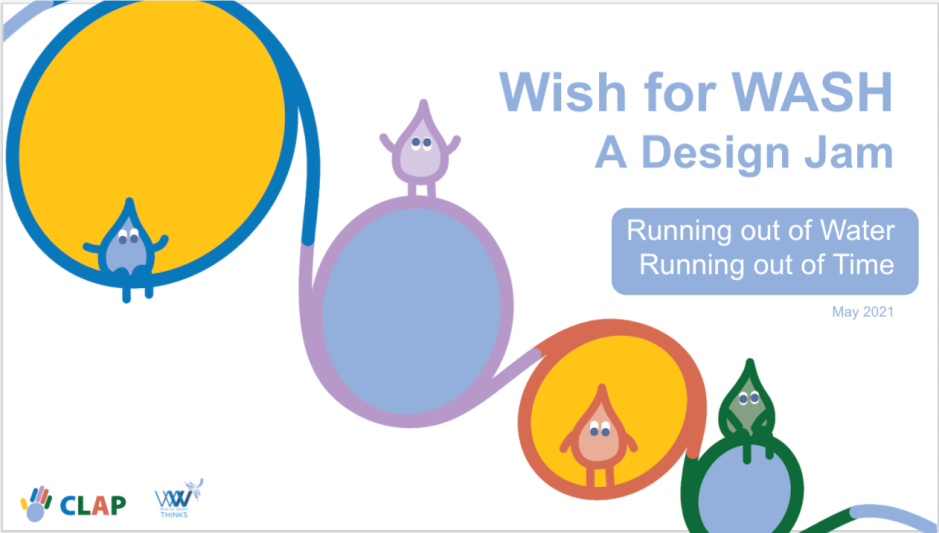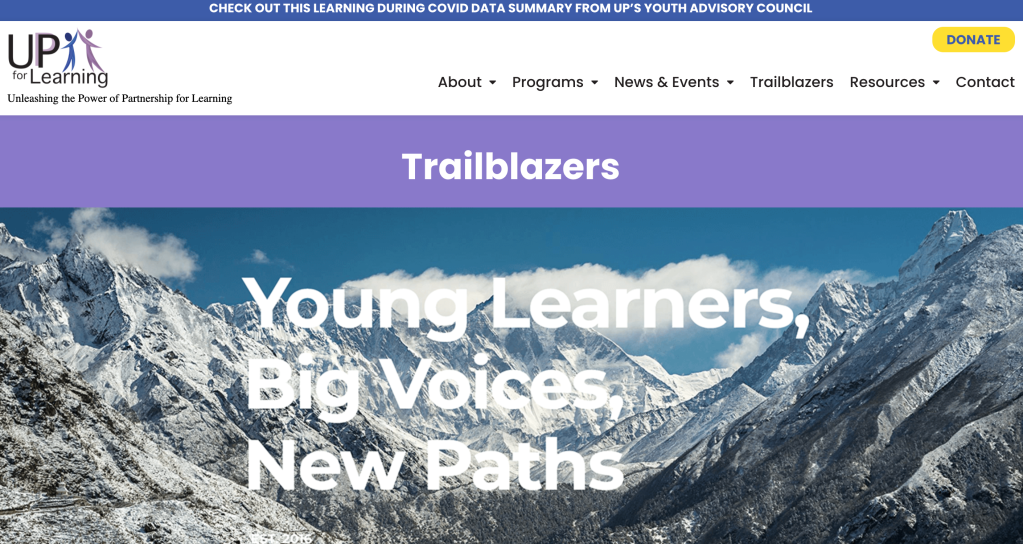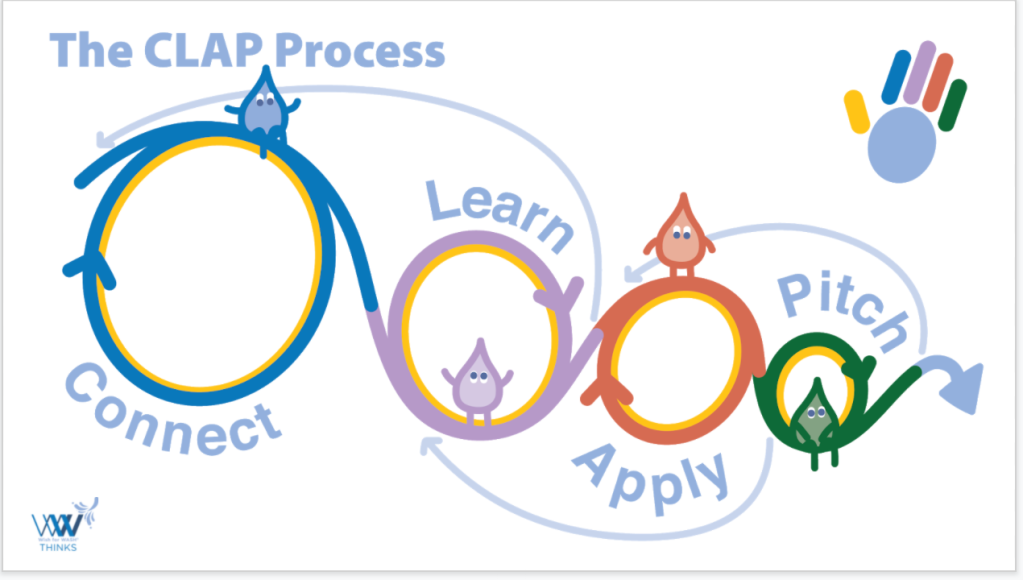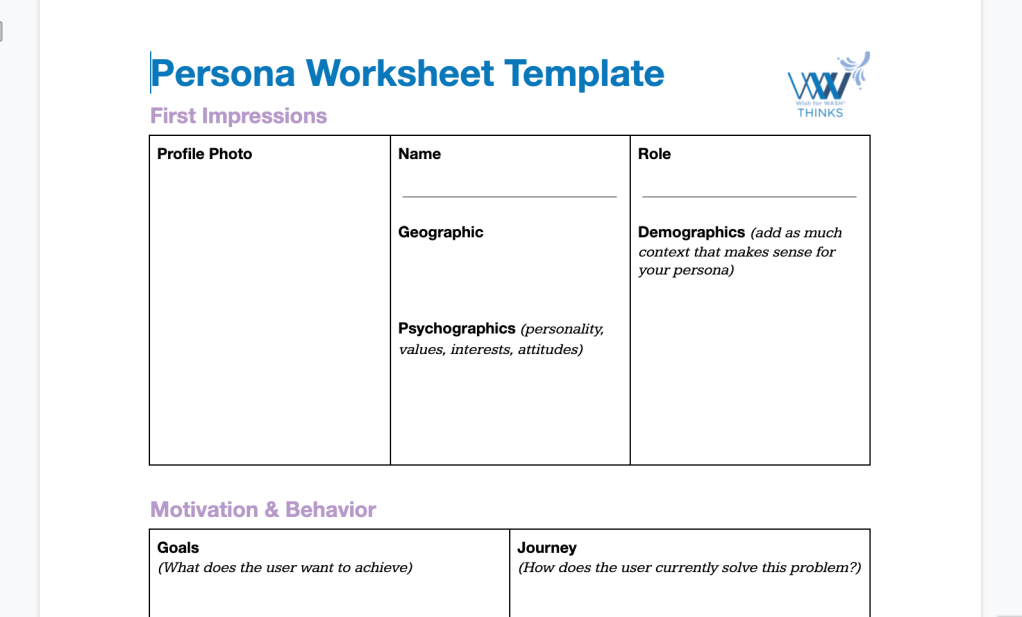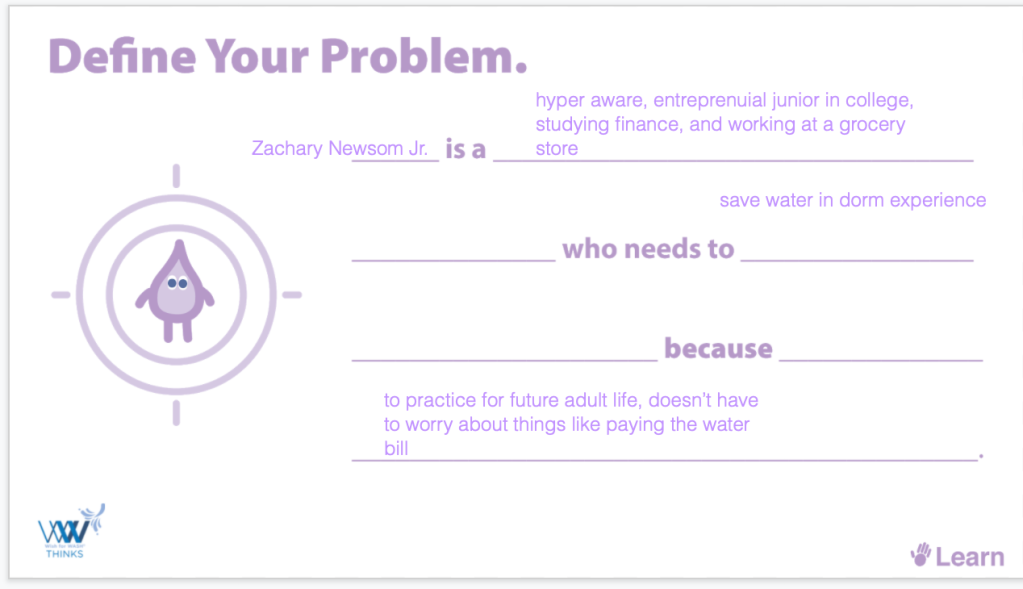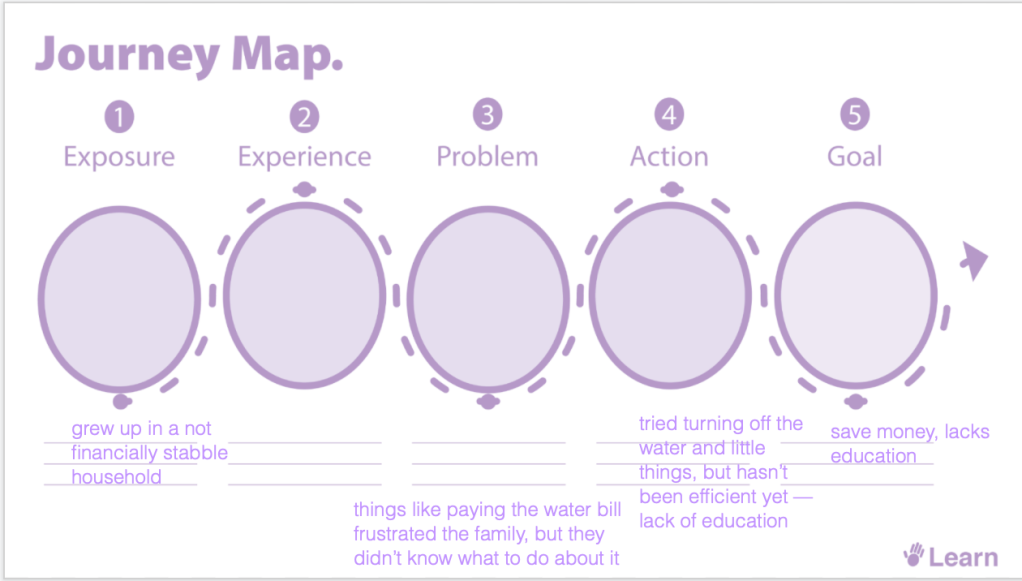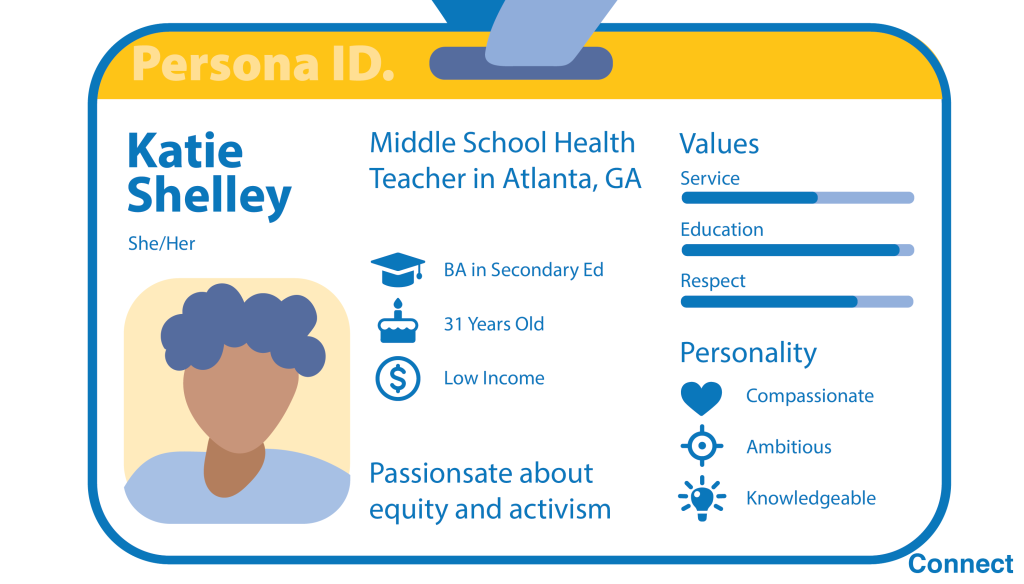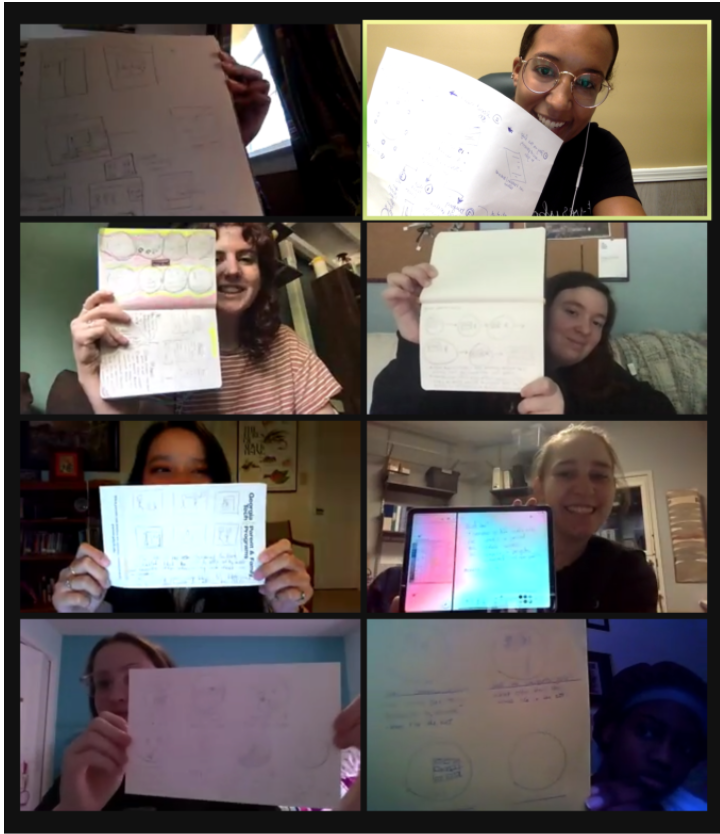I haven’t posted recently for a few reasons:
- I’ve been super busy…
- I’ve actually been working on a lot of things recently that have had to stay under the radar… UNTIL NOW
So I am happy to finally give some big updates on lots of projects I’ve been working on for over a year through COVID and all, and we’ve been making such great progress!!
First up, school update!
School
While I did start college in 2017 (4 years ago) I am not graduating this year. My time in New Zealand plus COVID made me shift things back, so I will now be graduating in May of 2022 with a Business Administration degree and Social Psychology certificate. In the mean time, I will be spending the summer and next two semesters continuing to coach gymnastics, conduct research in team dynamics, and work for the two non-profit organizations I’ve been with for almost 5 years – Trailblazers and Wish for WASH. Additionally, I am spending the summer writing my application for a Fulbright Fellowship to study education at grad school in Finland.
Trailblazers
Last I wrote about Trailblazers, the student driven magazine about transformative education that I co-founded four and a half years ago, I was just announcing our new partnership with UP for Learning and our search for a new production team. I’m excited to say that we now officially have an awesome team of 8 learners ranging from sophomore year of high school – freshman year of college and representing several different schools and states around the country!! We had our first team meeting in April and have been slowly making progress towards Issue 8 of our magazine which we hope to have published late June 2021. I’m excited for all of the new things that will come from this new team including more efficiency and long term sustainability internally and more diversity with the stories we share and hopefully an increase in how often we share as well! Additionally, for the first time ever Trailblazers Production Team members will be getting compensated for their work on the magazine which is super cool to see the organization grow in this way after 5 years! Anyone interested in connecting with Trailblazers can reach out to trailblazersedmagazine@gmail.com and/or follow us on Instagram and Twitter @TrailblazersEd
Wish for Wash
Similarly, I have also been working with the social impact organization Wish for WASH (W4W) for going on 5 years now and am excited to say that we have also seen lots of great progress this year! First off, with COVID we started making our design thinking workshops virtual. This involved a learning curve for sure, but now with almost a dozen virtual workshops under our belt, I would say we’ve gotten into a great flow. In fact, I foresee this shift to virtual facilitation for W4W having a longer lifespan than anticipated as it has allowed us to expand our audience reach drastically and make scheduling significantly simpler allowing us to facilitate more workshops per semester. We’ve also received great feedback on our virtual design jams with participants being particularly amazed and delighted by how interactive the workshop is despite being online.
On top of changing our mode of facilitation, this past semester we also began piloting our brand new design thinking process which I’m excited to finally talk about! CLAP stands for Connect, Learn, Apply, and Pitch.
We created this process for several reasons:
- To place connection/empathy at the beginning of the design thinking process – connecting with your team, the topic, and your user before anything else from research to brainstorming happens.
- To create a process with young learners as the users of our design tools, meaning tools needed to be very straight forward to use and graphically engaging.
- To enhance the level of empathy developed in a short design jam workshop (under 4 hour challenge).
The third reason to me is what makes our design tools really differentiated from other processes and guidebooks. Empathy is the core of design thinking; the definition is literally, “human-centered problem solving,” and to be human-centered, one must first empathize with their user in order to problem solve together.
However, we observed during early design jams both in person and virtual that participants often struggled with connecting their brainstorming and final ideas back to their user’s specific needs when going through the whole process at such a rapid pace, especially as a newbee to design thinking. When working on a long term design challenge, a big part of the process is identifying your user group at large then doing lots of interviews and ethnography work in order to eventually narrow down your scope to focus on one particular user or a composite user that includes generalized needs and combines insights from several users. This level of empathy work takes a lot of time though – time that doesn’t exist in a two hour design jam. Furthermore, it can often be hard to have a live user present for a short design jam, so on top of minimal time, there is also the consideration of how do you empathize without having a live interaction with a person?
These challenges lead our design team to ask:
“How might we enhance the level of empathy developed in a short design jam?”
So we went through our own design challenge starting in the fall of 2019 in tandem with on boarding new team members and introducing them to design thinking. We did lots of research on different design thinking processes to make notes on things we liked, wished, and wondered about as we began work towards creating our own process. We did this as we continued to host design jams to gain feedback from participants about what they liked, wished, and wondered about the experience.
“I felt like the group text input on the brainstorming worked out well overall but was either a little confusing or a little hard to use for some – it would be great if you could figure out an easier method/tool for this!” – Teacher participant
“I attended all three DT jams. I love that the design jams moved from least stigmatizing to most stigmatizing and in the future I wonder if our school could make this a series of mini classes where students attend all sessions and really delve into building empathy within each topic. I loved the empathy maps and story building exercises of the intended user. It was a really easy framework for the students to understand without shying away from really understanding the user experience.” – Teacher participant
“I love things like this, and I am so happy I finally got involved, but would like to do even more! I also have a product idea, not for water conservation, but something I am trying to start for a business.” – Student participant
Over time we developed the idea of “personas.” We thought, “What if we took the three how might we statements we use for our short workshops [water, sanitation, and menstrual health], but made them into long term internal design jams. If we have 2-3 people on each team interact with at least 30 people each through interviews, surveys, activities, and ethnography sessions, then we could analyze the findings and create composite users which we then use in our workshops so that these ‘made up users’ weren’t actually so made up but instead based upon real stories of real people without needing them live at our workshops.”
So that’s exactly what we did!
Fall of 2020 was all about brainstorming each team members’ Persona Research Plan. For this plan, each W4W design team member brainstormed three potential persona concepts (For example, one of our workshop topics is: “HMW de-stigmatize menstrual health?” For this topic, one member’s three persona concepts included: a middle school girl, a menstrual health and hygiene activist, and a transgender man who still experiences menstruation.) For each persona concept, designers also brainstormed 3-5 key research questions, method of interaction (interview, survey, specific activity, etc), a list of 15 people they might connect with relevant to the concept, and their next 3 steps to move forward with that concept. After developing these plans, the team worked together to give feedback and narrow so that each person went from 3 concepts to one focus concept; for some this was just picking one of their 3, for others this meant maybe merging two concepts together, and for others we came up with a totally new focus based on the discussion.
After plans were created, each designer spent 2-3 months interacting with users. Then we developed a Persona Template Tool for each designer to use as a way to analyze and connect insights to form one composite user that could be utilized in a design jam workshop.
This entire process was happening in tandem with the devolvement of our new CLAP process. So while we had a team doing user research to create these persona’s, we also had a team focused on the design and development of the process itself including questions like: “How do we visualize our process in a way that adds meaning through graphic design?” “What tools already exist in other processes that we want to build upon and what tools don’t yet exist that we want to create?” “What is our color scheme and icon character?” “How do we differentiate parts of the CLAP process and which tools should be a part of which sections?”
Starting Spring of 2021 we officially began piloting the CLAP process in our workshops with great feedback! Partners who had worked with us before and after the redesign said they loved our new look and the new tools we created. They thought it was easy to understand and really engaged their students while also doing a great job at introducing them to somewhat stigmatizing topics in a safe and open environment:
“[My daughter] talked about the period design jam for days. She (and I) had no idea about [the depth and breadth of menstrual health stigma] except for some of the ultra orthodox religions views. We are a very no nonsense household and it seems so crazy that concepts like [period-stigma] perpetuate. Hooray education and exposure!!”
By April of 2021 we were ready to start pushing the persona concepts from the research to graphics team in order to start piloting this fundamental new concept. There was a lot of back and forth about how to best present our user research to design jam participants in a way that would show depth without being overwhelming and how we would best facilitate the conversations around these personas.
In May we began our persona first test run – the template version. We realized during the process of creating these persona’s and our tools to facilitate the conversations, that perhaps a template version of these tools could also be useful if we want workshops where participants brainstorm the details of their user. Additionally, these templates could help us and others create future personas moving forward. So we tested out three new tools: Persona ID, Journey Map, and Influencing Factors. Additionally, we tested a new brainstorming tool: Digitype. And because apparently we were feeling really ambitious, we also had a new person step into the role of a workshop coach, and I personally took a stab at trying to be in the roles of both facilitator and coach during the same workshop so moving forward we can increase our max number of participants.
Despite all the new things being tested, our workshop ran on time and surprisingly smoothly and was an incredible first step towards increasing empathy and having final prototypes actually meet user needs! As a coach I noticed participants really engaging with the persona tools and starting to empathize more with their users, prototypes also started to be geared more towards user needs but I think there is still room to grow there. The teacher’s on the workshop were especially excited about the possibilities our new persona tools present:
“After each workshop we keep talking about how we love all of your graphics, and we really loved the new persona tools this time! We were actually sidebar texting during that section about how cool we thought those tools were for really working to understand a specific user as a team.”
Then this past weekend we finally were able to test out the full persona process including our composite users from those months of research and analyzing!!! We had small numbers for this workshop in partnership with the Museum of Design Atlanta, but the end results were astounding. I have been facilitating design thinking workshops for over 7 years now, and I honestly can’t remember ever seeing so many final prototypes so clearly related back to their users’ needs and problem statements. This was a huge success for us because that was always the goal of our persona project: To enhance the level of empathy developed in a short design jam workshop (under 4 hour challenge). In particular, we wanted participants to understand the idea of an “impact statement” to demonstrate how their prototype was meeting user needs and the participants in this weekend’s workshop really seemed to get it and there are few things more rewarding then watching that ah ha moment happen for young learners.
I now really can’t wait for June where we will be facilitating a design jam as part of the Atlanta Girl School Summer Institute! It will be our largest Zoom workshop yet and we will also be piloting our “DT Coaches Training” process to help others learn not only about design thinking but also how to implement design thinking concepts in their classroom.
It has been almost 2 years now since we first started ideating our own process, 3 years since we ran our first design jam, and 4 years since we first started envisioning and brainstorming on the topic of Wish for WASH running design jams. I’ve been with this team the entire time and it is truly incredible to see how far we’ve come. We are now even getting to a place where we can monetize this work, and while success to me doesn’t have much at all to do with money, it is a big benchmark to be able to demonstrate the value of the work we are doing, and that’s what makes this so exciting; we’re adding value to the community and being recognized for it in greater capacity.
It’s truly been a game changing year for Wish for WASH and I can’t wait to see where this social impact organization goes next. I feel like big things are coming and I’m excited to play a role in the process.

